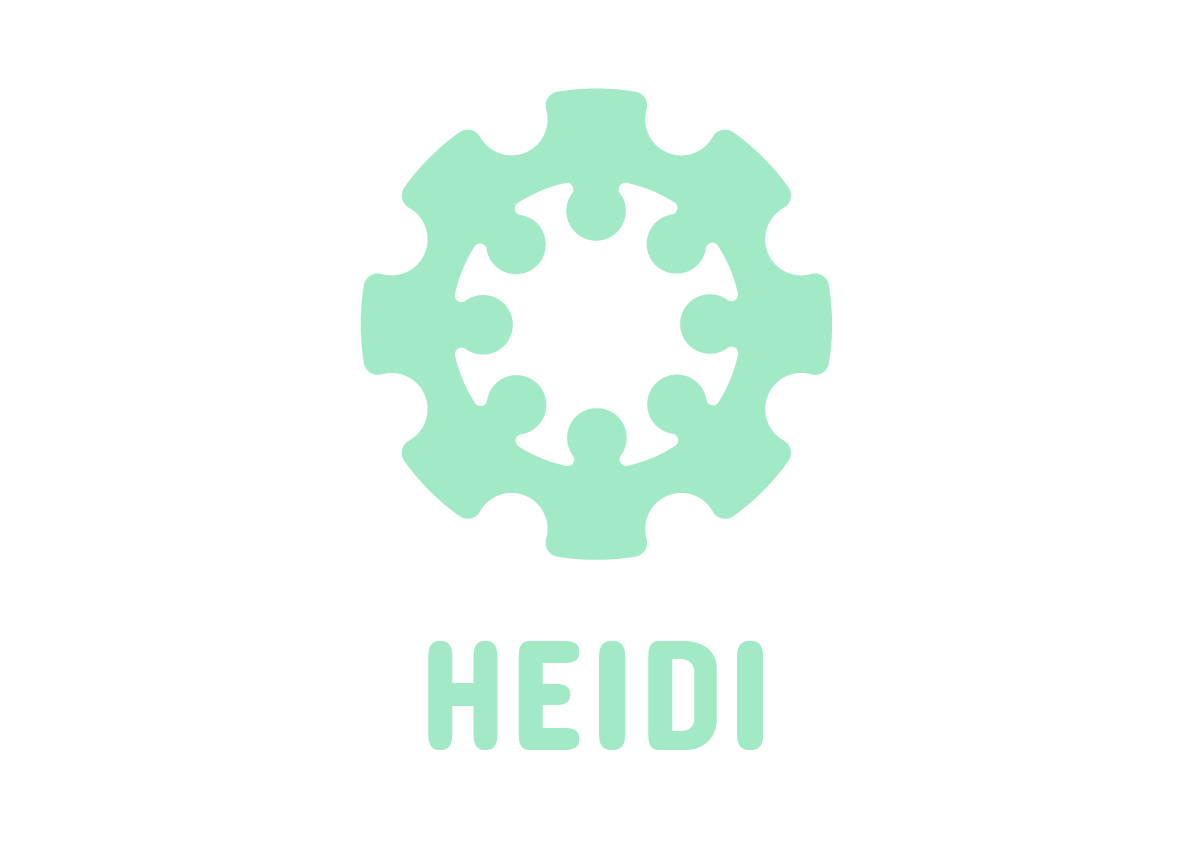Reflections on the “Citizen Science for all” series

Blog link: https://uclexcites.blog/2022/12/16/key-take-aways-from-our-ethics-in-digital-action-webinar/
Dr Artemis Skarlatidou reflects on one of the HEIDI Project‘s recent events:
As an important matter of concern for public trust and since digital technologies are now entering previously inaccessible areas, such as human rights and artificial intelligence, the discussions for digital ethics become increasingly more important. Although digital activism as an umbrella term, and the more specific types of Digital Action projects that we examine in HEIDI (i.e., citizen science, hackathons, the maker culture) aim to empower grassroots communities and generally provide solutions which benefit our societies, these do not come without critiques for potential risks. Amongst the hundreds of successful digital action examples, we can still see immoral – yet legal – practices, either intentionally or unintentionally, due to a poor understanding of the ethical implications of these projects. To explore Digital Action ethics, we organised a panel discussion with seven experts, who provided their insights and shared their experiences from their Digital Action projects with our webinar participants, on the 29th of November 2022.
Dr Loreta Tauginiene, a social scientist with many years of experience in research ethics, integrity and social responsibility, from the Hanken School of Economics in Finland, opened the webinar with a short presentation on Digital Action ethics and dilemmas for responsible research. The rest of the panel consisted of: Pieter van Boheemen (Rotterdam University of Applied Sciences), Professor Federico Federici (UCL Translation Studies), Professor Huma Shah (Research Centre for Computational Science and Mathematical Modelling, Coventry University), Marcos Moreu (UCL Geography), Professor Muki Haklay (UCL Geography) and Professor Monica Lakhanpaul (UCL Institute of Child Health).
Our experts introduced projects they had organised or participated in during COVID-19, or which had been ongoing at the start of the COVID-19 crisis and had to make an abrupt change to their ethics procedures or other methodologies. These projects included: citizen science with indigenous communities in the Global South; a citizen science project in the UK working with families in temporary accommodation which have previously experienced homelessness; a Digital Action project which aims to raise public awareness of online surveillance through informal educational materials available in 12 languages; a project for the development of personal COVID-19 protection equipment for medical professionals with people from over 20 countries participating into its design and development and with over 23,000 masks having been deployed internationally; and a Digital Action project which provided training materials and support to enable the quick and reliable translation of healthcare information during COVID-19.
The discussion covered key topics such how the pandemic influenced Digital Action research and activities, especially in terms of working with human participants. During COVID-19 researchers had to consider – amongst other factors – the additional stress and pressures that individual participants experienced as well as the extent and implications of the vulnerabilities introduced due to the pandemic, especially considering that – as Pieter van Boheemen puts it – “at the beginning of the pandemic anybody was vulnerable” and we should not overlook the fact that this impact was also being experienced by researchers themselves.
COVID-19 also shifted research work, almost in its entirety, remotely and as Loreta Tauginiene highlighted, from an ethical point of view “any change in research requires to be checked with the institutional review board…and should not be relied only on the decision of the individual researcher”. Research teams had to identify alternative ways of collaborating and working with people; in some cases, as Marcos Moreu, Professor Muki Haklay and Professor Federico Federici highlighted, this was in very remote areas of our planet where communication with digital technologies is not the norm. This in most cases necessitated the rethinking of ethical applications and appropriate codes of conduct, and while institutions were not adequately prepared with ready-to-use guidance to support them. A vital consideration, for example, was building and establishing trust with these communities, in which bottom-up Digital Action is key, yet much harder to achieve in an online participatory context and where additional barriers exist (e.g., people paying themselves for their online data usage required to connect and be present online; dealing with administrative and logistical support remotely is extremely complicated, etc.).
The webinar closed with some critical reflections of what the pandemic has taught us about ethics in Digital Action. Peter van Boheemen shared his experience and said that “because of the global urgency I witnessed global collaboration …we don’t have procedures or ethical practices that work with that …on dozens of institutes, spontaneous collaborations. I wouldn’t know how to do that in a formal, correct way”. Yet, our experts think that having rigorous ethical processes in place is not enough. Digital activism urgently needs “better” ethics, which have the potential to eliminate rather than introduce additional barriers and encourage participation in bottom-up Digital Action. In the words of Professor Monica Lakhanpaul, “When it comes to ethics, it’s ethics on both sides. We have ethic panels to make things very stringent to ensure we do things well. That also has an impact on not being inclusive and not enabling us to engage and putting barriers up that are really contrary to what we are trying to achieve…but ‘protecting through ethics’ is also about making it easier for people to be involved” and Professor Federico Federici Federico “If you want to have Digital Action we need to invest in reducing that divide otherwise yes it can be global but it stays as it can be, not it’s going to be global”.
You can watch the panel discussion on YouTube here, along with the other HEIDI Citizen Science For All Talks.
If you prefer reading, we also livetweeted the webinar from the @HeidiProject Twitter account. You can catch up on the livetweets here.

